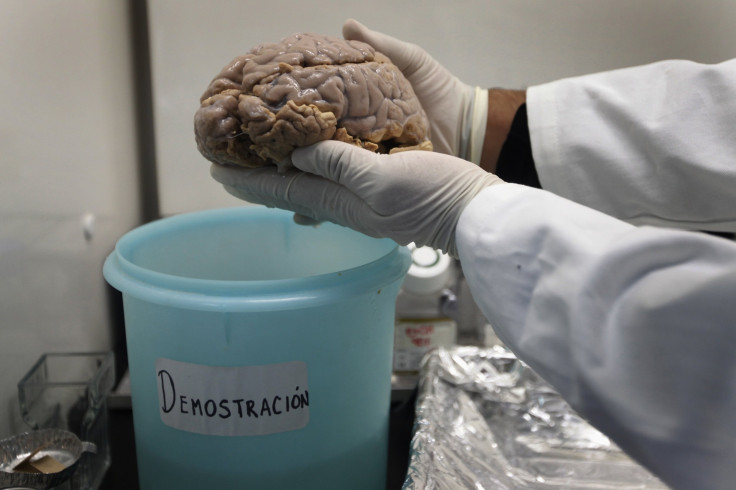Alzheimer’s Symptoms Alleviated By Increasing Neuregulin 1 Protein Levels In Mouse Models, Research Shows

A new research on Alzheimer’s disease by Salk Institute for Biological Studies, California, showed that increasing the levels of a particular protein relieves symptoms of the chronic neurodegenerative disorder. The protein at the center of the study is neuregulin-1 — a genetic target for Parkinson’s disease schizophrenia and Lou Gehrig’s disease or motor neurone disease that has affected Stephen Hawking.
Past studies have shown that treating cells with neuregulin-1 can reduce levels of amyloid precursor protein, a molecule that makes beta-amyloid that creates plaques in the brains of Alzheimer’s patients. Researchers have also showed that neuregulin-1 is capable for protecting neurons from damage due to blockage of blood flow. In order to test this, researchers from Salk Institute used a mouse model of Alzheimer’s disease.
The research team tweaked the levels of one of two forms of neuregulin-1 in the hippocampus, the area of the brain linked with learning and memory. The team found that the mouse models have improved performance on a spatial memory test.
Furthermore, researchers also found that the levels of cellular indicators of Alzheimer’s disease, including beta-amyloid levels, were considerably lower in the models compared to the control group.
“Neuregulin 1 has broad therapeutic potential, but mechanistically, we are still learning about how it works,” Kuo-Fen Lee, senior study author, said in a statement released Thursday. “We’ve shown that it promotes metabolism of the brain plaques that are characteristic of Alzheimer's disease.”
According to the study findings, neuregulin-1 disbands plaques by upping the levels of neprilysin enzyme, which impairs amyloid-beta. Researchers are also looking into possible methods such as whether the protein enhances signaling between neurons, which is impaired in Alzheimer’s.
However, researchers have a word of caution — the study was done on single type of mouse model of Alzheimer’s. The team said it is testing the effect of neuregulin-1 on other models.
“There's much more work ahead before neuregulin 1 could become a treatment, but we are excited about its potential, possibly in combination with other therapeutics for Alzheimer’s disease,” Lee.
About 7.5 million new cases of Alzheimer’s — the most common form of dementia — are diagnosed across the world every year and about 5 million Americans currently suffer from the disease.
The new study was published in peer-reviewed Scientific Reports journal on Thursday.



























